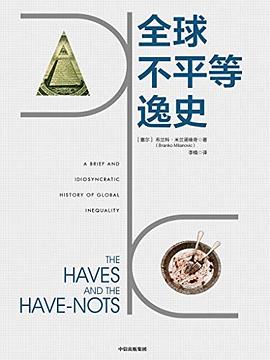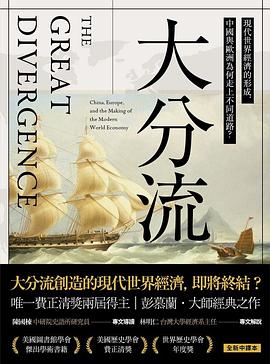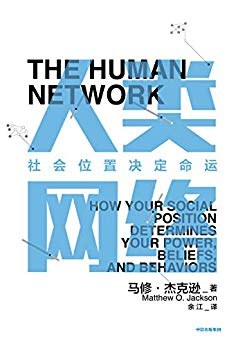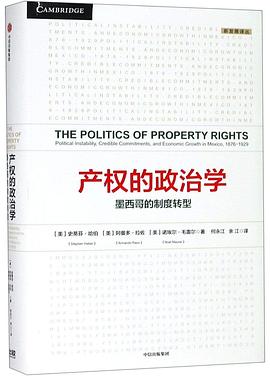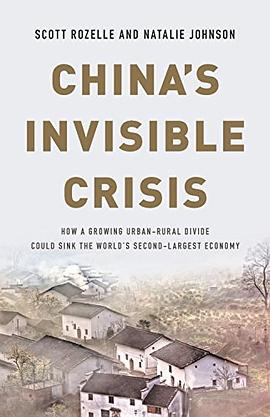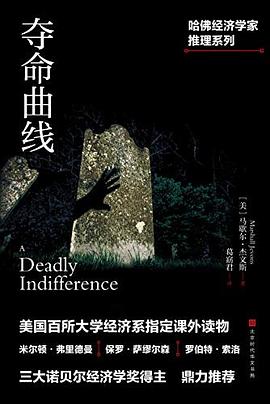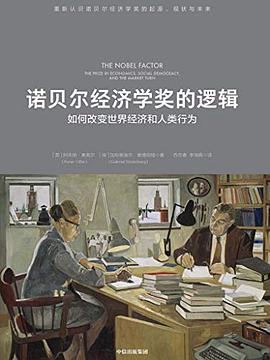

具体描述
Liberty is hardly the "natural" order of things. In most places and at most times, the strong have dominated the weak and human freedom has been quashed by force or by customs and norms. Either states have been too weak to protect individuals from these threats or states have been too strong for people to protect themselves from despotism. Liberty emerges only when a delicate and precarious balance is struck between state and society.
There is a happy Western myth that political liberty is a durable construct, a steady state, arrived at by a process of "enlightenment." This static view is a fantasy, the authors argue; rather, the space to attain and maintain liberty stays open only via a fundamental and incessant struggle between state and society. The power of state institutions and the elites that control them has never gone uncontested in a free society. In fact, the capacity to contest them is the definition of liberty. State institutions have to evolve continuously as the nature of conflicts and needs of the society change, and thus society's ability to keep state and rulers accountable must intensify in tandem with the capabilities of the state. This struggle between state and society becomes self-reinforcing, inducing both to develop a richer array of capacities just to keep moving forward along the corridor. Yet this struggle also underscores the fragile nature of liberty. It is built on a delicate balance between state and society, between economic, political and social elites and citizens, between institutions and norms. One side of the balance gets too strong, and as it has often happened in history, liberty begins to wane. Liberty depends on the vigilant mobilization of society. But it also needs state institutions to continuously reinvent themselves in order to meet new economic and social challenges that can easily close the space liberty needs to survive.
Today we are in the midst of a time of wrenching destabilization. We need liberty more than ever, and yet the corridor to liberty is getting narrower and more treacherous. The danger on the horizon is not "just" the loss of our political freedom, however grim that is in itself; it is also to the prosperity and safety that critically depend on liberty. The opposite of the corridor of liberty is the road to ruin.
用户评价
##有点东扯西扯
评分##这是一本预带结论有意或者无意修改论据的书。 别的不多说,单把清朝的覆灭归咎为专制,外国人在近代史上发挥的作用是好是坏竟然一字不提,就已经没法继续看了
评分##1)框架还是有新意的,强国家能力其实依赖于公民的信任和self compliance,最强的国家能力最往往和强社会制约能力共生(shackled Leviathan),纯专制国家的政府能力通常都较为有限(天朝可能是例外)。2)由于社会/国家力量初始条件不同,相同方向的冲击可能会走向不同的均衡路径。3)现代经济体系愈发需要强国家能力的支持,新的形势要求国家扩张干预时,需要能够结成广泛的社会联盟,既能制约监督扩大的利维坦,又能在不同利益群体间协商妥协。我感觉state-society contest model不足以装下解释政治发展路径的野心,把普通民众、经济精英、公民社会、宗族酋长种姓等传统社会力量都一股脑套为society过度简约了。另外中国的章节有不少小史实错误,读起来确实非常“外宾”。
评分##理论框架机械主义,史料运用削足适履。
评分##读了核心篇章,red queen effect & corridor for li berty,非常历史,也可能是涉及institutions论的文章都非常历史…包括Violence and Social Orders…
评分##这是一本预带结论有意或者无意修改论据的书。 别的不多说,单把清朝的覆灭归咎为专制,外国人在近代史上发挥的作用是好是坏竟然一字不提,就已经没法继续看了
评分##谈古论今,纵横内外,经济学家不合格的历史叙述。削足适履,看似结构宏大,实则单薄无物。
评分##啊……看不太下去了……典型的白人视角……吧?
评分##西北大学(Northwestern University)历史学家乔尔·莫凯尔(Joel Mokyr)称这本书是“一本权威著作,蕴含着巨大的洞见和学识”,“得出了每个有思想的人都应该意识到的一个令人不寒而栗的结论:自由既脆弱又稀有,它不安地夹在暴政和无政府状态之间。”-- MITnews
相关图书
本站所有内容均为互联网搜索引擎提供的公开搜索信息,本站不存储任何数据与内容,任何内容与数据均与本站无关,如有需要请联系相关搜索引擎包括但不限于百度,google,bing,sogou 等
© 2025 book.qciss.net All Rights Reserved. 图书大百科 版权所有

